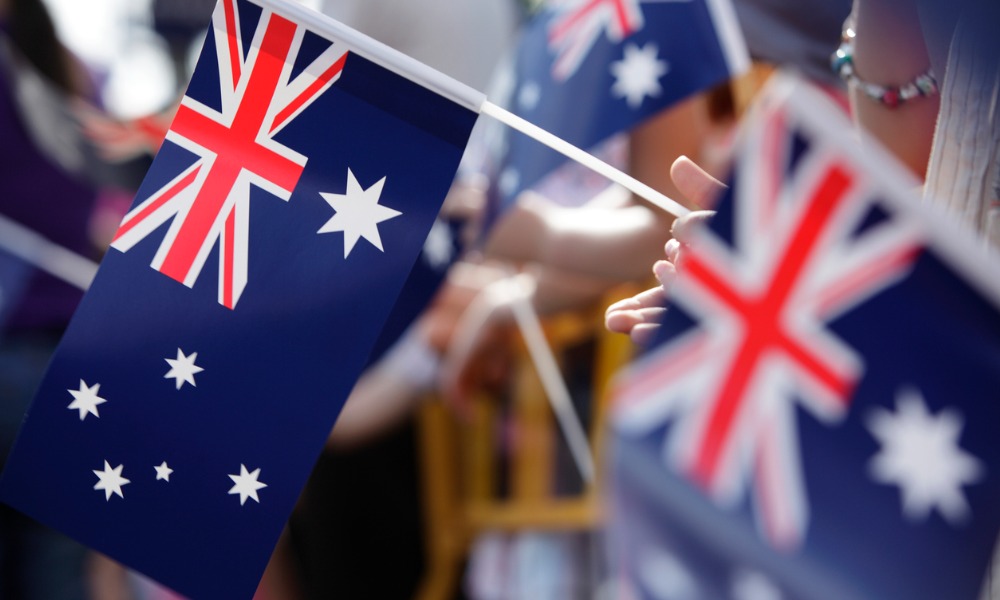
Which date is the most popular alternative?

Two-thirds of Australians don't mind changing the date for Australia Day, according to a survey, following controversy over the years surrounding the holiday.
The study from the University of South Australia (UniSA) revealed that 67% of 559 Australian citizens don't mind when Australia Day falls, as long as it is celebrated.
Eliza Mortimer-Royle, lead researcher and UniSA Psychology (Honours) graduate, said those open to changing the date were in favour of an alternative that didn't offend First Nations' people.
"The most popular option was moving the current date to 27 May, which is Reconciliation Day. Another possibility was 1 January, marking the date in 1901 when Australia became a nation," Mortimer-Royle said in a statement.
Australia Day is traditionally marked on January 26, but there has been growing movement opposing it as it also marks the start of British settlement in Australia. According to the UniSA study, racism, traditionalism, patriotism, and age play significant factors in changing the date for Australia Day.
By age, younger respondents who were taught a different version of Australian history were more likely to support a date change.
"There is a consensus that a date change will improve the inclusivity of Australia Day celebrations and lessen the ongoing negative impact that 26 January has on First Nations communities," Mortimer-Royle said.
The controversy surrounding Australia Day's date has reached even workplaces, driving divisions on whether to let employees opt out of observing the holiday. Some employers such as Ten Network, Telstra, BHP, among others, offered the option to report to work on January 26 and take the leave on another day.